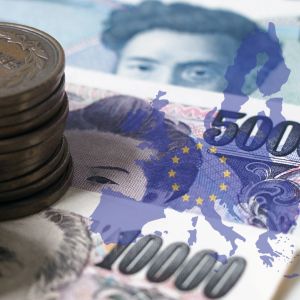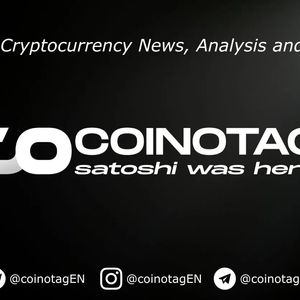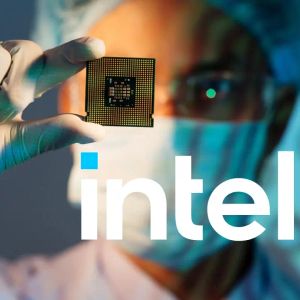A substantial amount of money is reportedly flowing from Japan to European startups, as Japanese investors opt for a more mature investment environment in Europe. Risk-averse investors in Asia prefer Europe’s booming tech environment over a more nascent one at home. Japanese investors are reportedly moving substantial amounts of capital to tech startups in Europe, citing a more favorable and mature entrepreneurial ecosystem than the one they have at home. The sudden influx of capital between the two continents has helped scale Europe’s growing tech industry compared to Japan’s more mature domestic market. According to CNBC , the European startup and venture capital ecosystem is now a breeding ground for Japanese investment corporations, having operated in the shadow of Silicon Valley for a long time. EU-Japan trade deal heightens capital influx in the EU from Japan NEW REPORT: €33B of Japanese-linked funding has entered Europe since 2019 Today’s report, in partnership with @NordicNinjaVC , takes a close look at the rising tech alliance of Japan and Europe. Key takeaways: 📌70% of 2024’s €3.5B total went to deep tech and AI – double… pic.twitter.com/NOvENoLZR4 — Dealroom.co (@dealroomco) November 10, 2025 Research conducted by venture capital fund NordicNinja and data platform Dealroom has highlighted that Japanese investors have been engaged in European financing rounds worth more than 33 billion euros ($38 billion) since 2019. The sudden surge in financing rounds occurred after the European Union and Japan reached a trade agreement. Japan had only facilitated investment worth 5.3 billion euros to the continent before the EU-Japan Economic Partnership Agreement. Tomosaku Sohara, co-founder and managing partner of Japan-Europe VC NordicNinja, the news outlet that, before the trade agreement, Softbank was the only Japanese capital in Europe. He explained that Softbank was already active at the time and had acquired the Finnish gaming company Supercell. According to Sohara, the acquisition injected life into Finland’s startup ecosystem. The research highlighted that more Japanese corporations, such as Mitsubishi, Sanden, and Yamato Holdings, have infiltrated the space and are now backing the European tech space. The report also illustrated that there are over twice as many venture capital-backed startups in Europe as in Japan, per capita, and 4.3 times as many unicorns. Sohara also explained that Japanese investors have consistently had a high appetite for investment since the early 2000s. He explained that Japanese multinationals established corporate venture capital entities back in the days when some of the modern-day tech giants and conglomerates were still in their early stages of development. According to the expert, multinationals did not narrow their focus on the European tech market until several years later. Japanese investors show growing interest in deep tech companies. Asian investors are more interested in deep tech companies focused on developing innovations built upon scientific or pioneering breakthroughs. In 2024, startups in deep tech and artificial intelligence accounted for 70% of deals made by such investors in Europe. Top companies that received the most funding include Wayve, the U.K.’s autonomous vehicle startup. The organization received more than $1 billion in an investment round that took place in May of last year. Sarah Fleischer, co-founder and CEO of the Germany-based battery materials recycling startup Tozero, said that Japanese firms have been setting funds aside throughout the last century and are now investing in expanding their operations in Japan. She also highlighted that the complexity of U.S.-China relations makes Japan a valuable bridge to the Asian market. Sohara highlighted that Japan has very limited entrepreneurs since the older generation and professionals aspired to work for established companies such as Toyota, Sony, and Honda. However, he gave a glimmer of hope that the younger generation is showing a different approach. He compared the environment to that of Europe, saying that the latter has become a hub for founders seeking favorable environments in which to establish their companies. Sohara also identified a few challenges facing collaborations between Japan and Europe, claiming that language barriers are a major hurdle hindering the development. He added that English is not widely used in Japan and explained that local translation and miscommunication could quickly derail a developing alliance. Get up to $30,050 in trading rewards when you join Bybit today
 Wang Chun loses Bitcoin to ‘generous’ hacker
Wang Chun loses Bitcoin to ‘generous’ hacker










